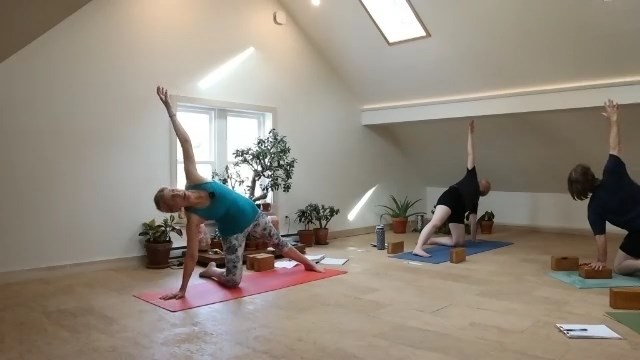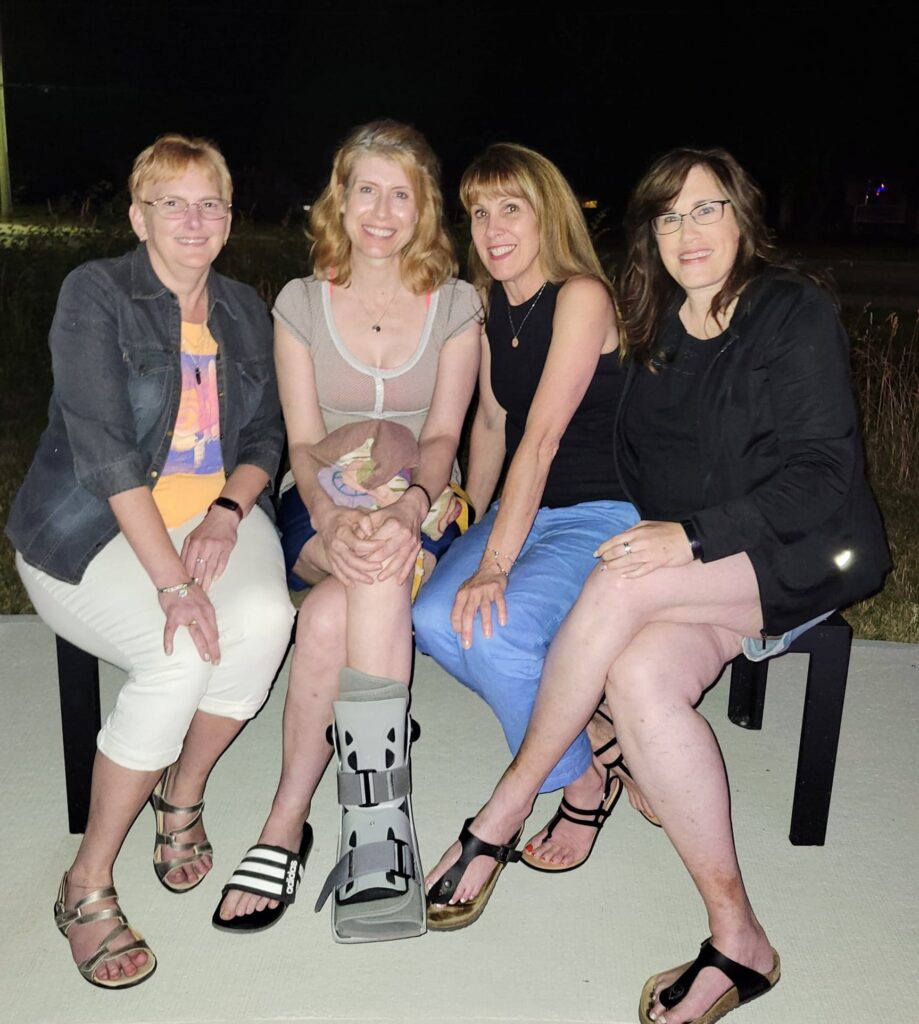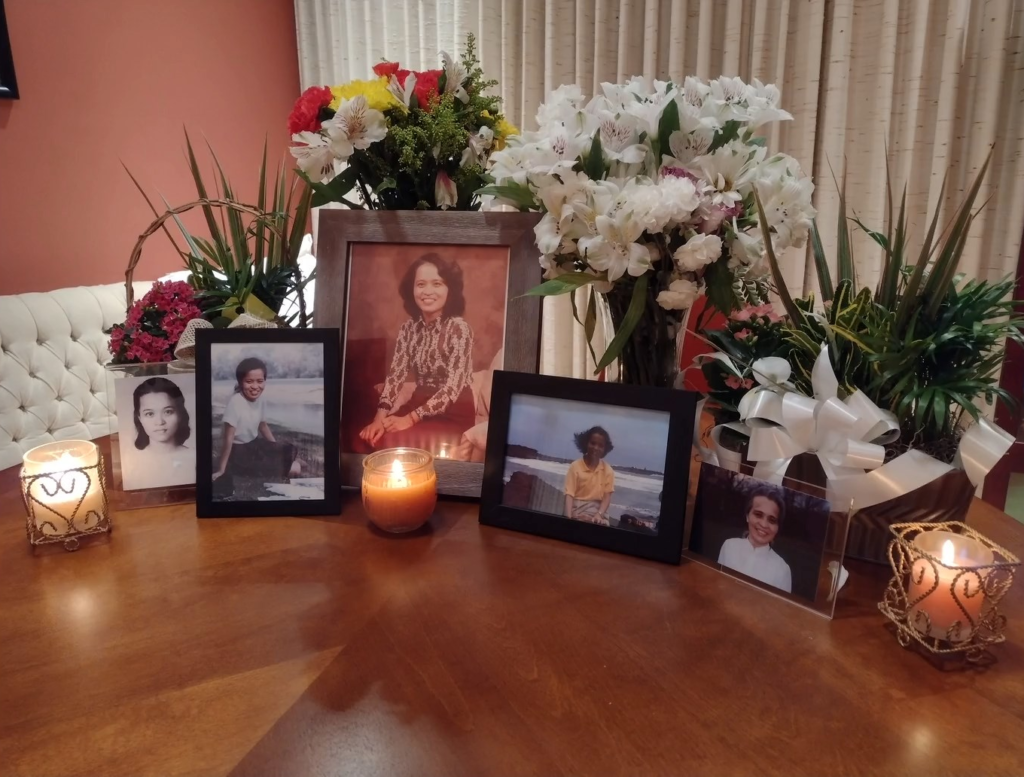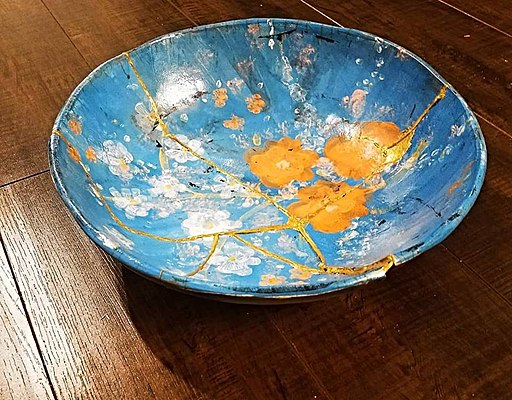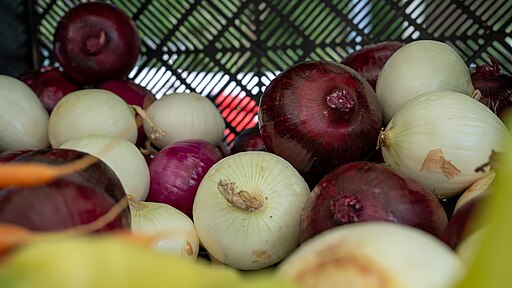
It’s a beautiful, sunny Saturday. Recent rains have dissipated much of the humidity in the air, making the weather warm and pleasant. With a little bubble of anticipated pleasure forming in my head, I have decided to pack up my little, two-wheeled cart, along with some reusable shopping bags, and head over to the local farmer’s market. Such a normal, ordinary thing to do, and yet for me, it’s a big milestone.
I can’t say I’ve ever been that interested in farmer’s markets. Of course, I understand all the benefits of buying local, both nutrition-wise, and for the economy. But for many years, as a busy mom with kids, going to the farmer’s market was just another place I’d have to go. Another chore in a long list of them. It was far easier to just head over to the local supermarket, which was conveniently open 7 days a week, with hours that better suited my schedule.
So, why the sudden interest in the farmer’s market now? It all started when Mike and I drove past it on our way to work one day. I couldn’t help but notice all the happy customers walking to and fro under the colourful pavilions. It looked so peaceful. So ordinary. I remember thinking to myself, “This is what happy people do in prosperous countries: they go to market on a sunny Saturday morning”. And all of the sudden, I decided that I wanted to go too.
I don’t think I am understating things when I say that, over the last few years, I’ve been struggling with a pretty major case of mid-life burnout. I mostly keep to myself. I’ve given up on all but the closest relationships in my life. I feel numb most of the time, just going through the motions of my work. Chores that I used to feel were important to me, I am now letting slide. There are so many things that I just don’t care about anymore.
I’ve been trying to decide if this is an improvement, or if it’s not. Previously, you could say that maybe I cared too much. I let everything affect me too deeply, and as a result, I could go through major mood swings, feeling elated one day, and absolutely despondent the next. But then again, what’s happening now doesn’t feel quite right either. I don’t think it’s healthy to not care if your house is a complete and total mess. I don’t think it’s normal when you struggle to get out of bed each morning. I start to worry when I show no interest in doing any of the things I used to do.
So, under the circumstances, you can see why deciding that I wanted to go to the farmer’s market seemed like a pretty big step. I actually wanted to do something. I had a feeling that it would give me pleasure. I didn’t do it because I had to, as I’ve done so many other things in my life. I didn’t do it because someone else wanted me to do it for them. I did it because I had a small inkling, somewhere in the back of my mind, that it might make me feel happy.
And so, with slow and tentative movements, I drove our car over to the area where the farmer’s market was running, and I parked it nearby. Grabbing hold of my purse, I got out of the car and began the small walk over to where all the fruit and vegetable stands were operating, and I started to stroll. I noticed all the pretty, ripened fruits and vegetables and my mouth started watering. At first, I felt a little overwhelmed by all the choices, but then I started to ask myself, “What would I like to eat?” and it made the decisions easier. I began to purchase all the things that made me happy. I began to purchase what I wanted.
As I walked along, I began to notice all the shop girls. Of course, there were many boys there too, but it was the girls that caught my attention. They wore shorts, T-shirts and running shoes. Their skin was flushed and sweaty from standing outside in the sun for many hours. Their hair was bound up in ponytails or clipped up in messy buns. They watched the crowd expectantly, and helped customers with their purchases. They made change easily and with a friendly smile.
These girls struck me so forcefully, I was stopped in my tracks. I had a strong feeling, sort of like deja vu, but in reverse. A long time ago, I used to be one of those girls. In the small town where I grew up, I worked at a vegetable stand one summer. It was located at the very end of a long, dusty, rural street that I biked on every day, and it intersected with the main street of tiny, Cottam, Ontario. You could blink as you were driving and pass the entire area by. I remember standing out under the trees behind the market table, making small talk with customers, bagging their vegetables and making change. It felt so odd to be on the other side of the table this time.
As I watched them, time warped oddly for a few moments as I dropped into the experience of being a young market girl, and then morphed back into my current experience of being a middle-aged customer standing silently in front of the vegetable stand, trying to decide what I wanted to buy. For those few moments, time broke free of its bounds and started to bend back on itself. It was an odd sensation. Time isn’t linear, I’m discovering as I age. The longer you live, the more your experiences seem to overlap one another in mysterious ways.
Once I’d gotten my head back in order, I resumed my walk among the stalls. The sun felt warm on my face, and the smells of ripening fruit and crisp vegetables were everywhere. I loved the sound of being among people, many different people. There was a low hum of voices and activity as people talked with one another, and exchanged money and produce between them. It felt comfortable and familiar, like a well worn shoe. There was absolutely nothing stressful about the experience at all, and that meant everything.
They say it’s the small things in life that bring you joy, and that’s absolutely true. Wonders like this one – a simple trek to the farmer’s market – can nurture happiness if we really pay attention. Over the next year or so, I’ve decided that I will share with you all the little pleasures I find, as I journey on my way back from burn-out. Every time I have an encounter that sparks my spirit back into being, I will write about it. Come along with me, if you like. Maybe it will help you re-discover the wonder in your life too.

